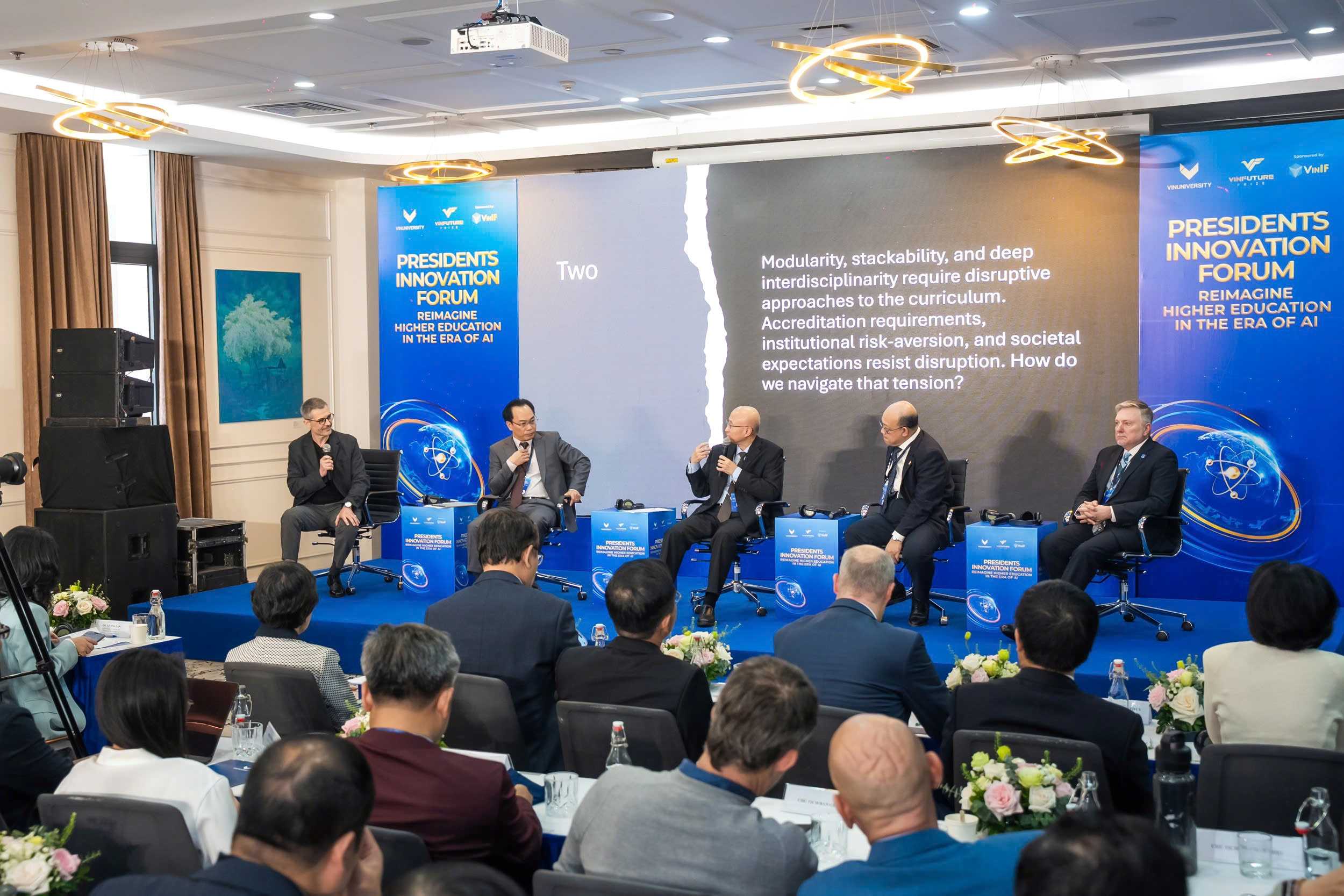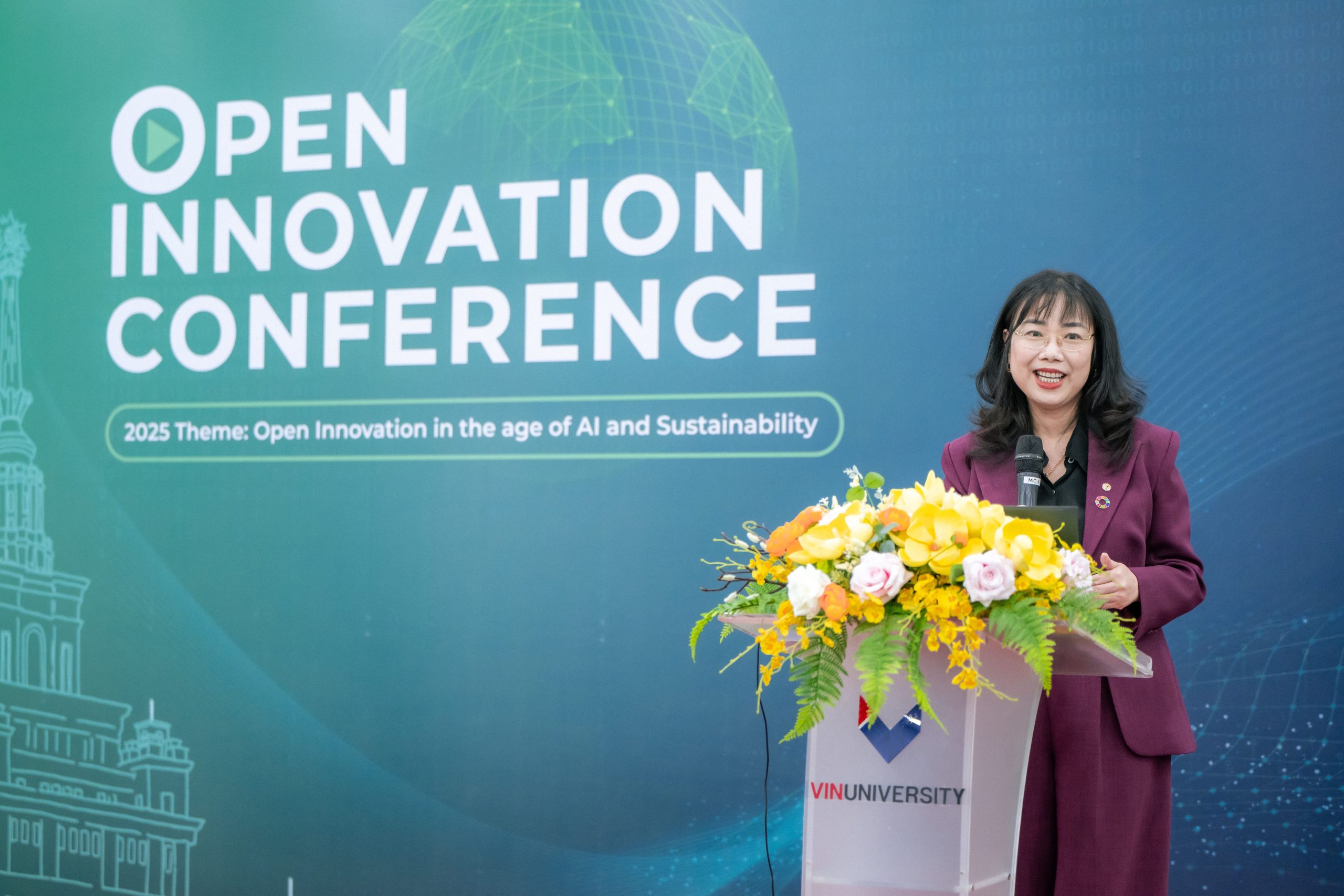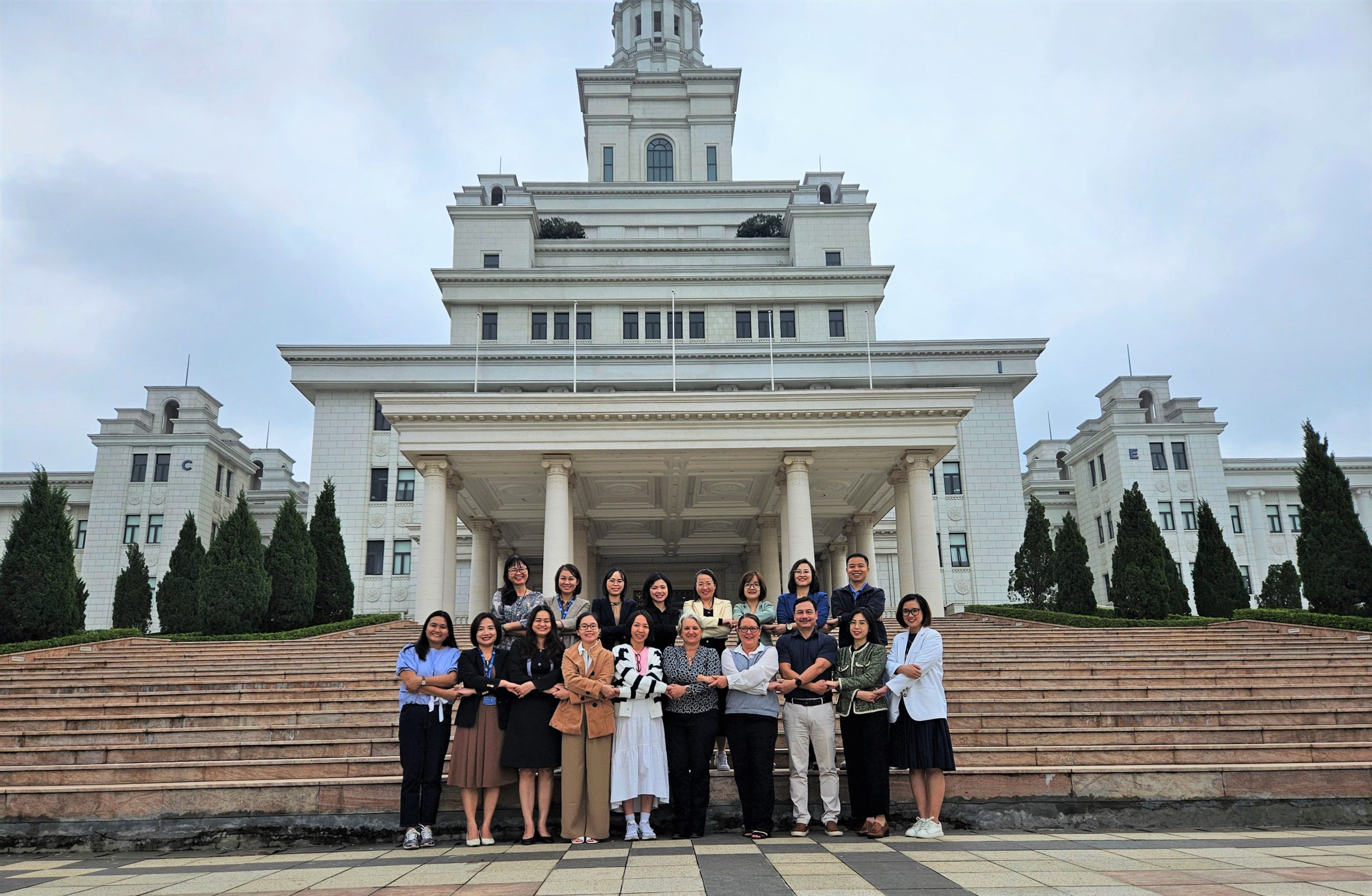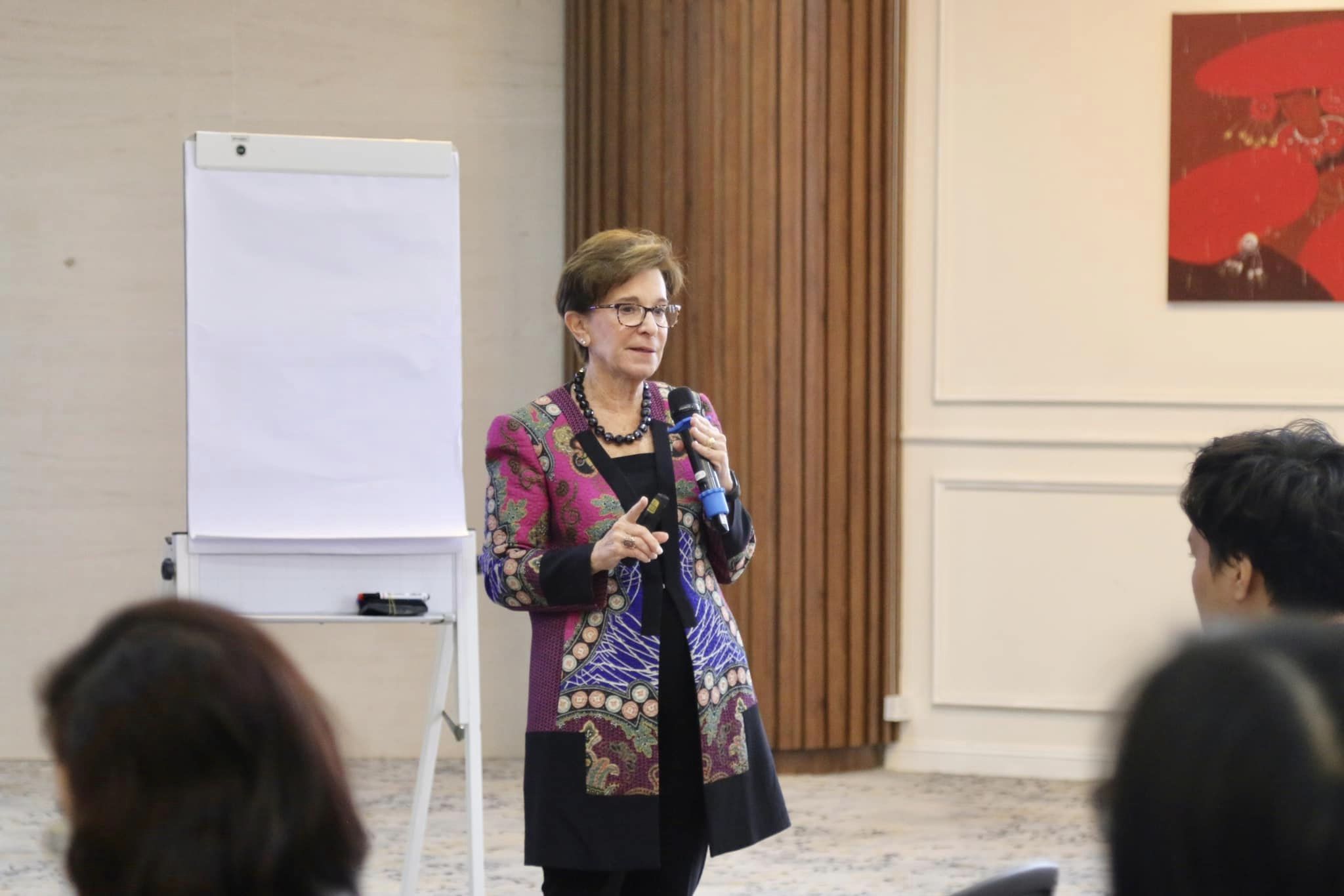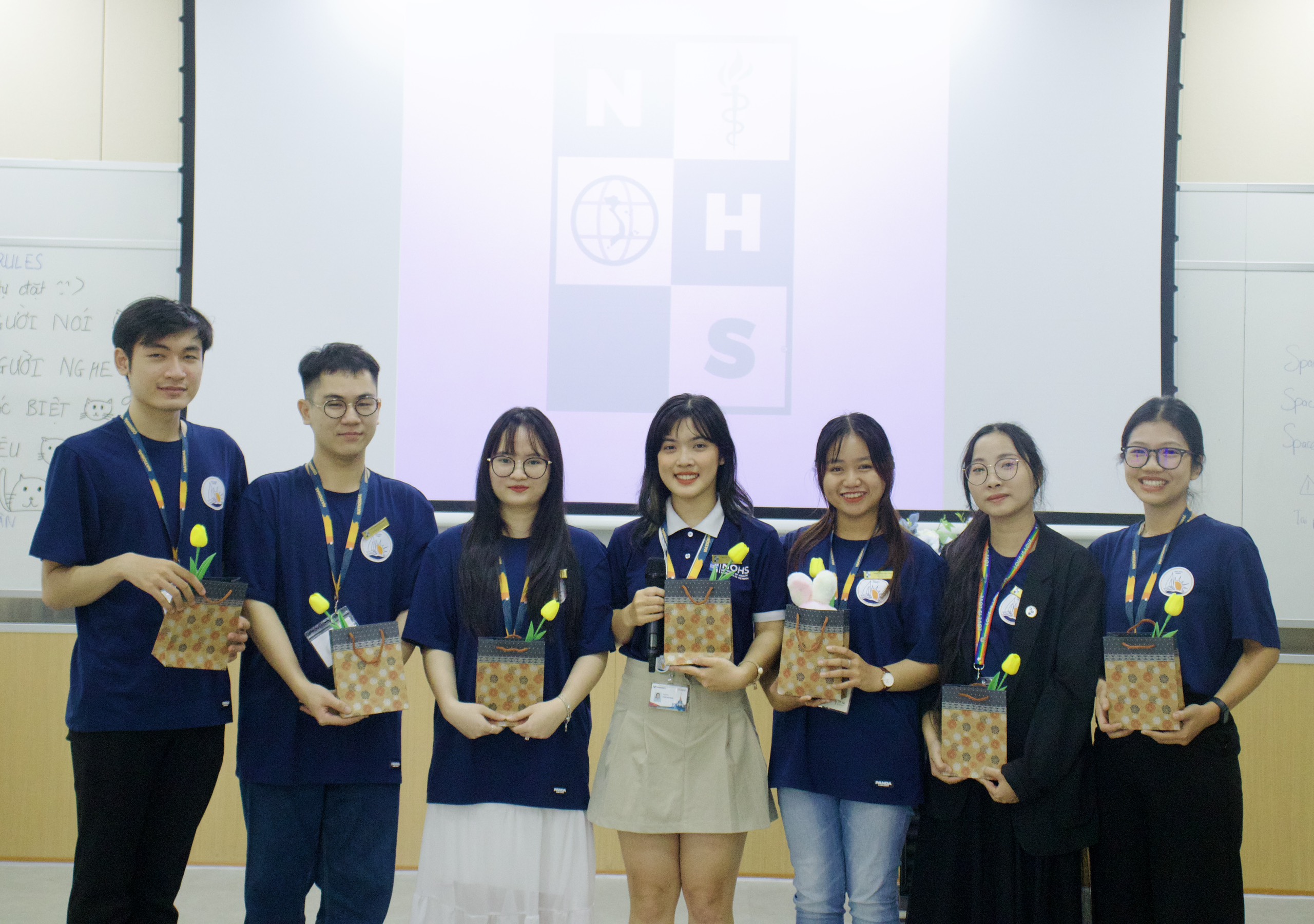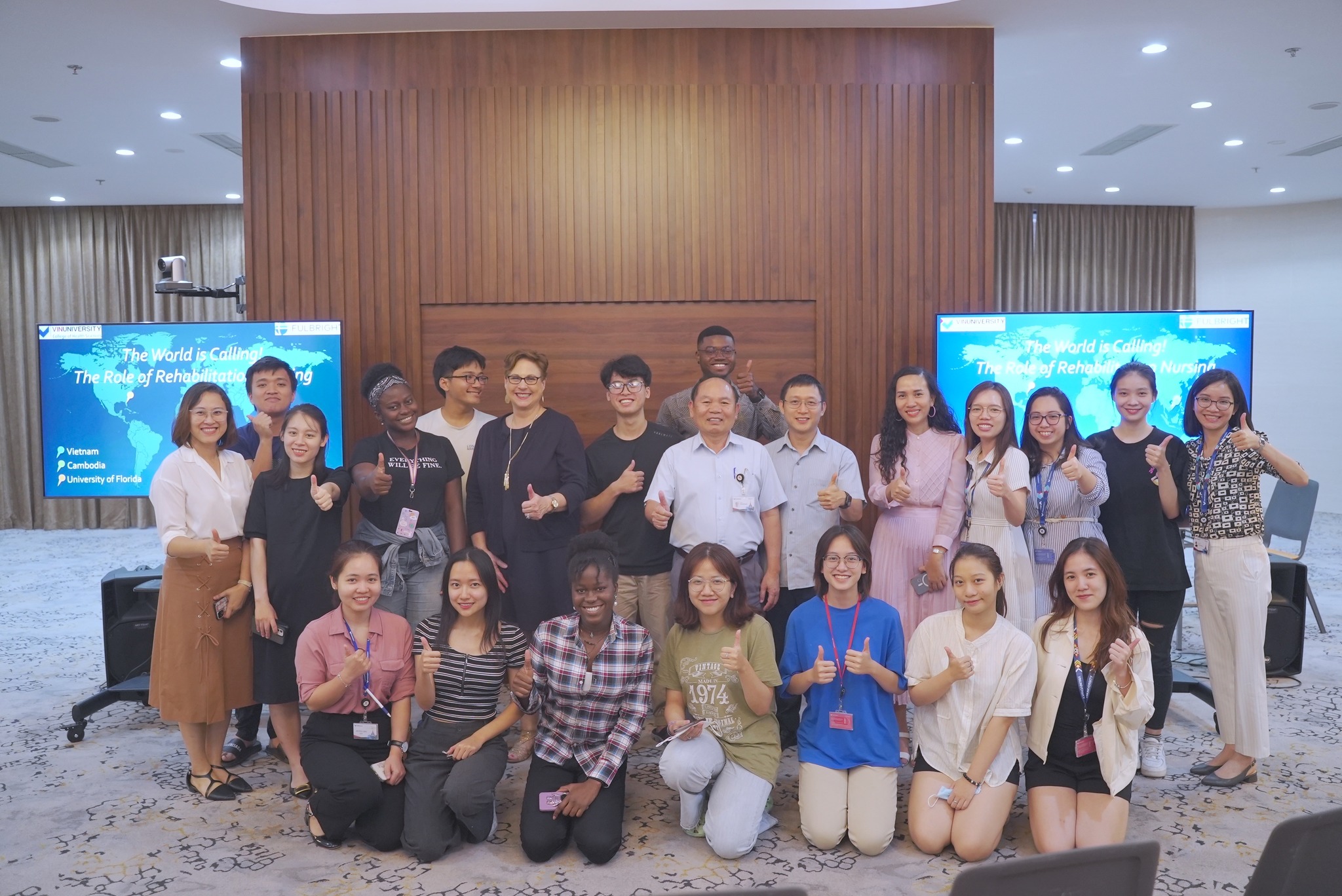Technology and its rapid advancement bring many conveniences and opportunities to our lives. We have a wealth of information at our fingertips; working from home and keeping updates were never easier. However, philosophers have spotted a few challenges in the wake of technology’s expansion and further embedment into modern societies. Studies point out that frequent use of the internet forces users to adopt the machine’s algorithmic thinking (Greenfield, 2015). This shift disrupts our deep and creative thinking, which is distinctively human (Carr, 2010). Technology is interfering with how we process information, connect and remember things. We have now become less patient, reactive and forgetful. Is there a solution to this? More importantly, how can we still keep true to our own values and life goals amid these all changes?

Dr Billy Wheeler, Assistant Professor of Philosophy at VinUniversity, sees one answer to that in Daoism, the ancient Asian philosophy. “It was always there, thousands of years the go, the Daoists had already spoken about technology and its effects on our wellbeing”, he exclaims. The Dao teachings focus on living in harmony with nature and living in the flow of life without controlling it. We can only have a peaceful life by understanding our deep desires, detaching ourselves from superficial intrusions and keeping in balance with nature. But with the rise of technology, many are left without guidance on how to cope with its intrusion. Drawing from Zhuangzi’s theory of xinzhai or “mind-fasting”, Dr Wheeler points out how we can guard our mind against the negative impacts of the internet and technology by controlling its usage (Wheeler, 2021a). The answers lie in the ancient wu wei – a sage attitude of how a person should act in this world – “action without action”, following the natural flow of life with minimal interference. Technology should be designed to afford wu wei, and users should cultivate this state in its use. We all know how easy it is to spend hours online aimlessly. We should come back to the original use of technology and the internet: to make our lives easier – not to become the extensions of the machine, although it requires training and great effort.
Philosophy as a discipline is well known for future-shaping our culture. It brings long-lasting effects on our societal status quo and gives us a better understanding of where we were, where we are and where we will be. Dr Wheeler is to set out on further research into how Asian philosophies can inform on the ethics of human-robot interaction (Wheeler, 2021b). After all, modern issues require a creative approach – in this instance, going back in time and taking in the wisdom of ancient Asian philosophies.
References
Carr, N. (2010). The Shallows: How the Internet Is Changing the Way We Think, Read and Remember. New York: Atlantic.
Greenfield, S. (2015). Mind Change: How Digital Technologies Are Leaving Their Mark on Our Brains. New York: Random House.
Wheeler, B. (2021a) “The Motherboard of Myriad Things: Zhuangzi, Xinzhai and the Internet” In Preparation.
Wheeler, B. (2012b) “Xiao and the Ethics of Nursing Robots” In Preparation.



